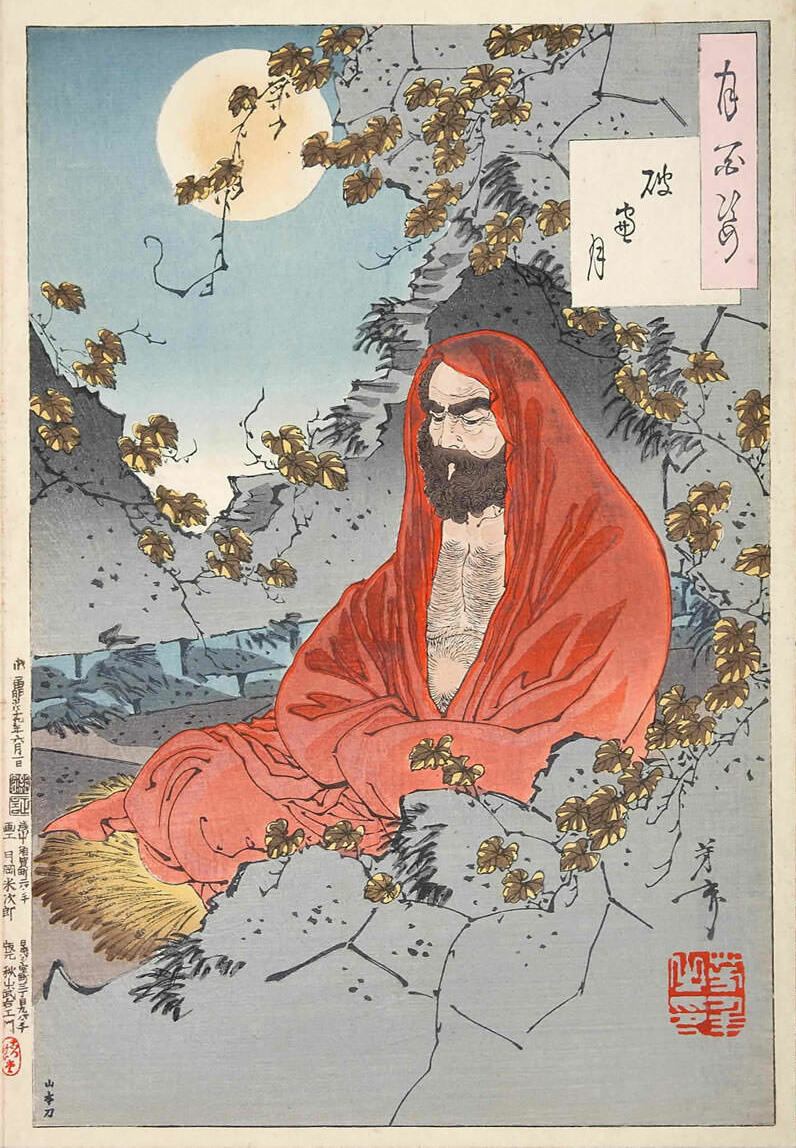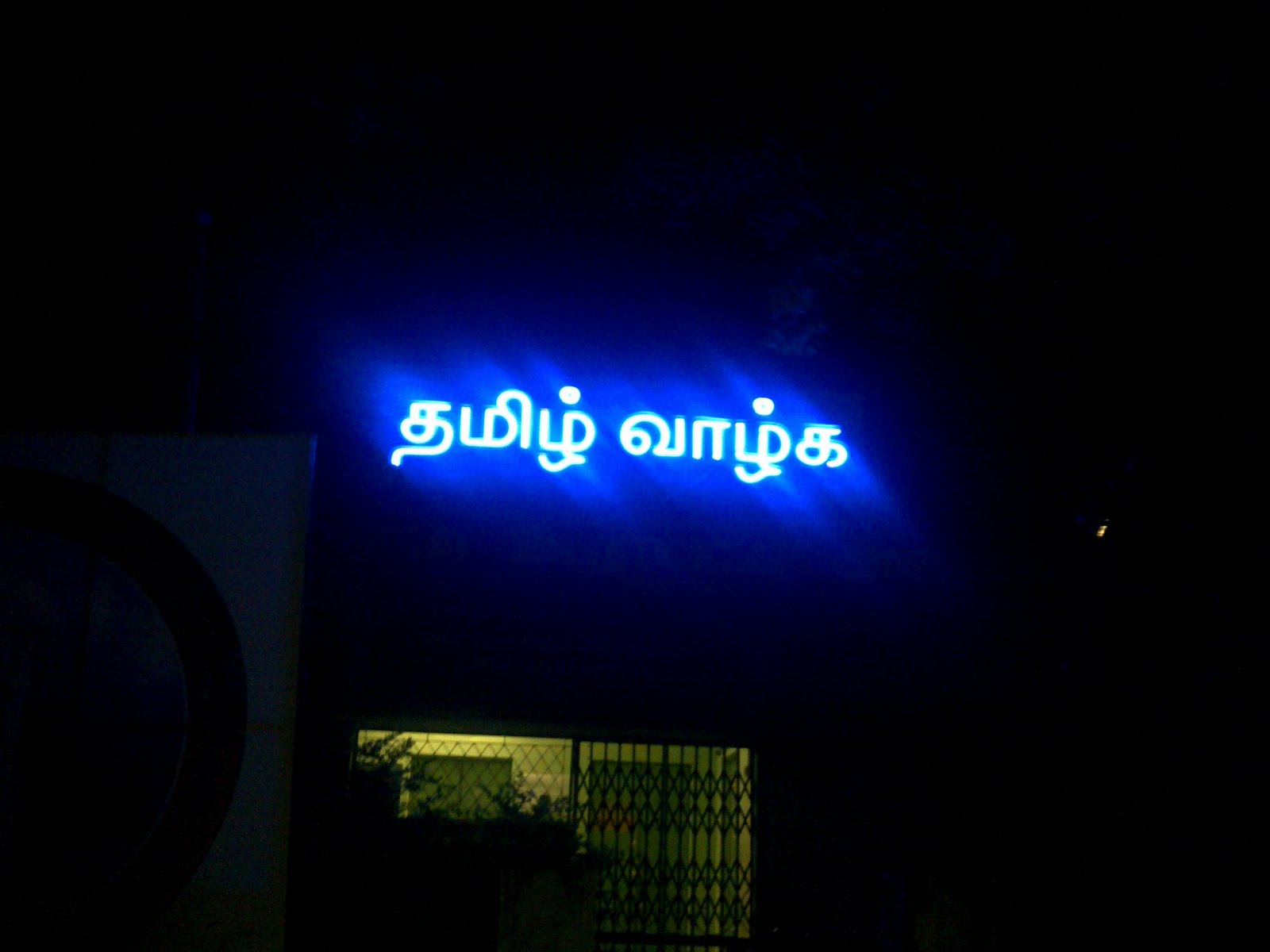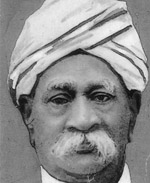|
Oru Paisa Tamizhan
''Oru Paisa Tamilan'' was a Tamil language weekly magazine, which was published and edited by Iyothee Thass, a Dalit activist. It started its publication on 9 June 1907 in Royapettah. It was later renamed simply as ''Tamilan'' (''Thamizhan''). It ceased publication in 1934. Publications Thass revived Tamil Buddhism through his writing. He and others wrote several articles critical of Hinduism and Brahminism. The magazine had the dialogues of Tamil Nationalism and laid the foundation for the Dravidian politics Dravidian parties include an array of regional political parties in the state of Tamil Nadu, India, which trace their origins and ideologies either directly or indirectly to the Justice Party and the Dravidian movement of C. Natesanar and P .... References Defunct magazines published in India Defunct political magazines Weekly magazines published in India Magazines established in 1907 Magazines disestablished in 1934 Tamil-language magazines Political ... [...More Info...] [...Related Items...] OR: [Wikipedia] [Google] [Baidu] |
Tamil Language
Tamil (; ' , ) is a Dravidian language natively spoken by the Tamil people of South Asia. Tamil is an official language of the Indian state of Tamil Nadu, the sovereign nations of Sri Lanka and Singapore, and the Indian territory of Puducherry. Tamil is also spoken by significant minorities in the four other South Indian states of Kerala, Karnataka, Andhra Pradesh and Telangana, and the Union Territory of the Andaman and Nicobar Islands. It is also spoken by the Tamil diaspora found in many countries, including Malaysia, Myanmar, South Africa, United Kingdom, United States, Canada, Australia and Mauritius. Tamil is also natively spoken by Sri Lankan Moors. One of 22 scheduled languages in the Constitution of India, Tamil was the first to be classified as a classical language of India. Tamil is one of the longest-surviving classical languages of India.. "Tamil is one of the two longest-surviving classical languages in India" (p. 7). A. K. Ramanujan described it as "the on ... [...More Info...] [...Related Items...] OR: [Wikipedia] [Google] [Baidu] |
Iyothee Thass
C. Iyothee Thass (20 May 1845 – 1914) was a prominent Tamil anti-caste activist and a practitioner of Siddha medicine. He famously converted to Buddhism and called upon the Paraiyars to do the same, arguing that this was their original religion. He also founded the Panchamar Mahajana Sabha in 1891 along with Rettamalai Srinivasan. ''Panchamas'' are the ones who do not come under Varna system; they are called as ''Avarna'' communities. "Iyothee Thass" is the most common Anglicized spelling of his name; other spellings include Pandit C. Ayodhya Dasa, C. Iyothee Doss, C. Iyodhi Doss, C. Iyothee Thoss, K. Ayōttitācar (avarkaḷ), K. Ayōttitāsa (paṇṭitaravarkaḷ), or Ayothidas Pandithar.Geetha, V., and S. V. Rajadurai. “Dalits and Non-Brahmin Consciousness in Colonial Tamil Nadu.“, p.2091. ''Economic and Political Weekly'', vol. 28, no. 39, Economic and Political Weekly, 1993, pp. 2091–98/ref> Early life Iyothee Thass possessed deep knowledge in Tamil, Siddha me ... [...More Info...] [...Related Items...] OR: [Wikipedia] [Google] [Baidu] |
Dalit
Dalit (from sa, दलित, dalita meaning "broken/scattered"), also previously known as untouchable, is the lowest stratum of the Caste system in India, castes in India. Dalits were excluded from the four-fold Varna (Hinduism), varna system of Hinduism and were seen as forming a avarna, fifth varna, also known by the name of ''Panchama''. Dalits now profess various religious beliefs, including Hinduism, Buddhism, Sikhism, Christianity, Islam. Scheduled Castes is the official term for Dalits as per the Constitution of India. History The term ''Dalit'' is a self-applied concept for those called the "untouchables" and others that were outside of the traditional Hindu caste hierarchy. Economist and reformer B. R. Ambedkar (1891–1956) said that untouchability came into Indian society around 400 CE, due to the struggle for supremacy between Buddhism and Historical Vedic religion, Brahmanism (an ancient term for Brahmanical Hinduism). Some Hindu priests befriended untouchables ... [...More Info...] [...Related Items...] OR: [Wikipedia] [Google] [Baidu] |
Royapettah
Royapettah is a neighbourhood of Chennai, India. Location Royapettah is located at the central part of the city of Chennai, with an elevation of 9 m (29 ft.) above mean sea level. The neighbourhood comes under Teynampet Zone (number 9) and ward number 118 (old number 112) of the Chennai Corporation. Boundaries Royapettah is bounded in the direction of Northwest by Nungambakkam, North by Chintadripet, Northeast by Chepauk, West by Gopalapuram, East by Triplicane, Southwest by Teynampet, South by Mylapore and Southeast by Marina Beach. History Royapettah, along with the suburbs of Nungambakkam and Teynampet, was part of the Great Choultry Plain, as the British had it in their records back in 1721. Soon after the arrival of the British in the city in the early 17th century, a large Eurasian population started settling in Royapettah and surrounding regions in the 17th and 18th centuries. Muslim settlements started appearing in the neighbourhood from the latter h ... [...More Info...] [...Related Items...] OR: [Wikipedia] [Google] [Baidu] |
The Hindu
''The Hindu'' is an Indian English-language daily newspaper owned by The Hindu Group, headquartered in Chennai, Tamil Nadu. It began as a weekly in 1878 and became a daily in 1889. It is one of the Indian newspapers of record and the second most circulated English-language newspaper in India, after '' The Times of India''. , ''The Hindu'' is published from 21 locations across 11 states of India. ''The Hindu'' has been a family-owned newspaper since 1905, when it was purchased by S. Kasturi Ranga Iyengar from the original founders. It is now jointly owned by Iyengar's descendants, referred to as the "Kasturi family", who serve as the directors of the holding company. The current chairperson of the group is Malini Parthasarathy, a great-granddaughter of Iyengar. Except for a period of about two years, when S. Varadarajan held the editorship of the newspaper, the editorial positions of the paper were always held by members of the family or held under their direction. Histo ... [...More Info...] [...Related Items...] OR: [Wikipedia] [Google] [Baidu] |
Tamil Buddhism
Buddhism amongst the Tamils was historically found in the Tamilakam region of India and Northern Sri Lanka. India Origin The heritage of the town of Nākappaṭṭinam is found in the Burmese historical text of the 3rd century BCE and gives evidence of a Budha Vihar built by the King Ashoka. An inscription from Anuradhapura, Sri Lanka dated to 2nd century BCE records the association of Tamil merchants with Buddhist institution. For several centuries in the second millennium of the common era Buddhism among the Tamils in Tamil Nadu and Sri Lanka was neglected and virtually abandoned due to shifts in political patronage and the revivalism among non-Buddhist religions. According to A.J.V. Chandrakanthan who recently (2019) published an article about an 11th-century comparative work named Veerasoliyam, codifying Tamil and Sanskrit Philology and Poetics is a clear indicator of the prominence given to Buddhism in Tamil scholarship. However the pan Saiva revival in Tamilagam in the ... [...More Info...] [...Related Items...] OR: [Wikipedia] [Google] [Baidu] |
Brahminism
The historical Vedic religion (also known as Vedicism, Vedism or ancient Hinduism and subsequently Brahmanism (also spelled as Brahminism)), constituted the religious ideas and practices among some Indo-Aryan peoples of northwest Indian Subcontinent (Punjab and the western Ganges plain) during the Vedic period (1500–500 BCE). These ideas and practices are found in the Vedic texts, and some Vedic rituals are still practiced today. It is one of the major traditions which shaped Hinduism, though present-day Hinduism is markedly different from the historical Vedic religion. The Vedic religion developed in the northwestern region of the Indian subcontinent during the early Vedic period (1500–1100 BCE), but has roots in the Eurasian Steppe Sintashta culture (2200–1800 BCE), the subsequent Central Asian Andronovo culture (2000–900 BCE), and the Indus Valley civilization (2600–1900 BCE). It was a composite of the religion of the Central Asian Indo-Aryans, itself "a syncreti ... [...More Info...] [...Related Items...] OR: [Wikipedia] [Google] [Baidu] |
Tamil Nationalism
Tamil nationalism is the ideology which asserts that the Tamil people constitute a nation and promotes the cultural unity of Tamil people. Tamil nationalism is primarily a secular nationalism, that focus on language and homeland. It expresses itself in the form of linguistic purism ("Pure Tamil"), nationalism and irredentism ("Tamil Eelam"), Social equality (" Self-Respect Movement") and Tamil Renaissance. Originally, Tamil people ruled in Tamilakam and parts of Sri Lanka. During the colonial period, the Tamil areas came under the rule of British India and Ceylon. This saw the end of the sovereignty of Tamils and reduced them to minority status under a political model implemented during the British Raj. Since the independence of India and Sri Lanka, Tamil separatist movements have been actively suppressed in both countries. Sri Lanka Since the adoption of the Vaddukoddai Resolution in 1976 under the leadership of S.J.V. Chelvanayakam, Tamil nationalists in Sri Lanka have re ... [...More Info...] [...Related Items...] OR: [Wikipedia] [Google] [Baidu] |
Dravidian Politics
Dravidian parties include an array of regional political parties in the state of Tamil Nadu, India, which trace their origins and ideologies either directly or indirectly to the Justice Party and the Dravidian movement of C. Natesanar and Periyar E. V. Ramasamy. The Dravidian movement was based on the linguistic divide in India, where most of the Northern Indian, Eastern Indian and Western Indian languages are classified as Indo-Aryan, whereas the South Indian languages are classified as Dravidian. Dravidian politics has developed by associating itself to the Dravidian community. The original goal of Dravidian politics was to achieve social equality, but it later championed the cause of ending the domination of North India over the politics and economy of the South Indian province known as Madras Presidency. Most Dravidian parties are offshoots of Dravidar Kazhagam (DK). There are also a few other parties in Tamil Nadu that did not arise from DK directly. Nevertheless ... [...More Info...] [...Related Items...] OR: [Wikipedia] [Google] [Baidu] |
Defunct Magazines Published In India
{{Disambiguation ...
Defunct (no longer in use or active) may refer to: * ''Defunct'' (video game), 2014 * Zombie process or defunct process, in Unix-like operating systems See also * * :Former entities * End-of-life product * Obsolescence Obsolescence is the state of being which occurs when an object, service, or practice is no longer maintained or required even though it may still be in good working order. It usually happens when something that is more efficient or less risky r ... [...More Info...] [...Related Items...] OR: [Wikipedia] [Google] [Baidu] |
Defunct Political Magazines
Defunct (no longer in use or active) may refer to: * ''Defunct'' (video game), 2014 * Zombie process or defunct process, in Unix-like operating systems See also * * :Former entities * End-of-life product * Obsolescence {{Disambiguation ... [...More Info...] [...Related Items...] OR: [Wikipedia] [Google] [Baidu] |
Weekly Magazines Published In India
Weekly, The Weekly, or variations, may refer to: News media * ''Weekly'' (news magazine), an English-language national news magazine published in Mauritius *Weekly newspaper, any newspaper published on a weekly schedule *Alternative newspaper, also known as ''alternative weekly'', a newspaper with magazine-style feature stories *''The Weekly with Charlie Pickering'', an Australian satirical news program *''The Weekly with Wendy Mesley'', a Canadian Sunday morning news talk show *''The Weekly'', the original name of the television documentary series ''The New York Times Presents'' Other *Weekley, a village in Northamptonshire, UK *Weeekly, a South Korean girl-group See also * *Weekly News (other) ''Weekly News'' is generally a title given to a newspaper that is published on a weekly basis. Some examples of newspapers with Weekly News in their title include: Turks and Caicos Islands *''Turks and Caicos Weekly News'' United Kingdom *''The W ... * Weekley (surname) {{ ... [...More Info...] [...Related Items...] OR: [Wikipedia] [Google] [Baidu] |

_according_to_Indian_Caste_System_-_1942.jpg)


.png)

